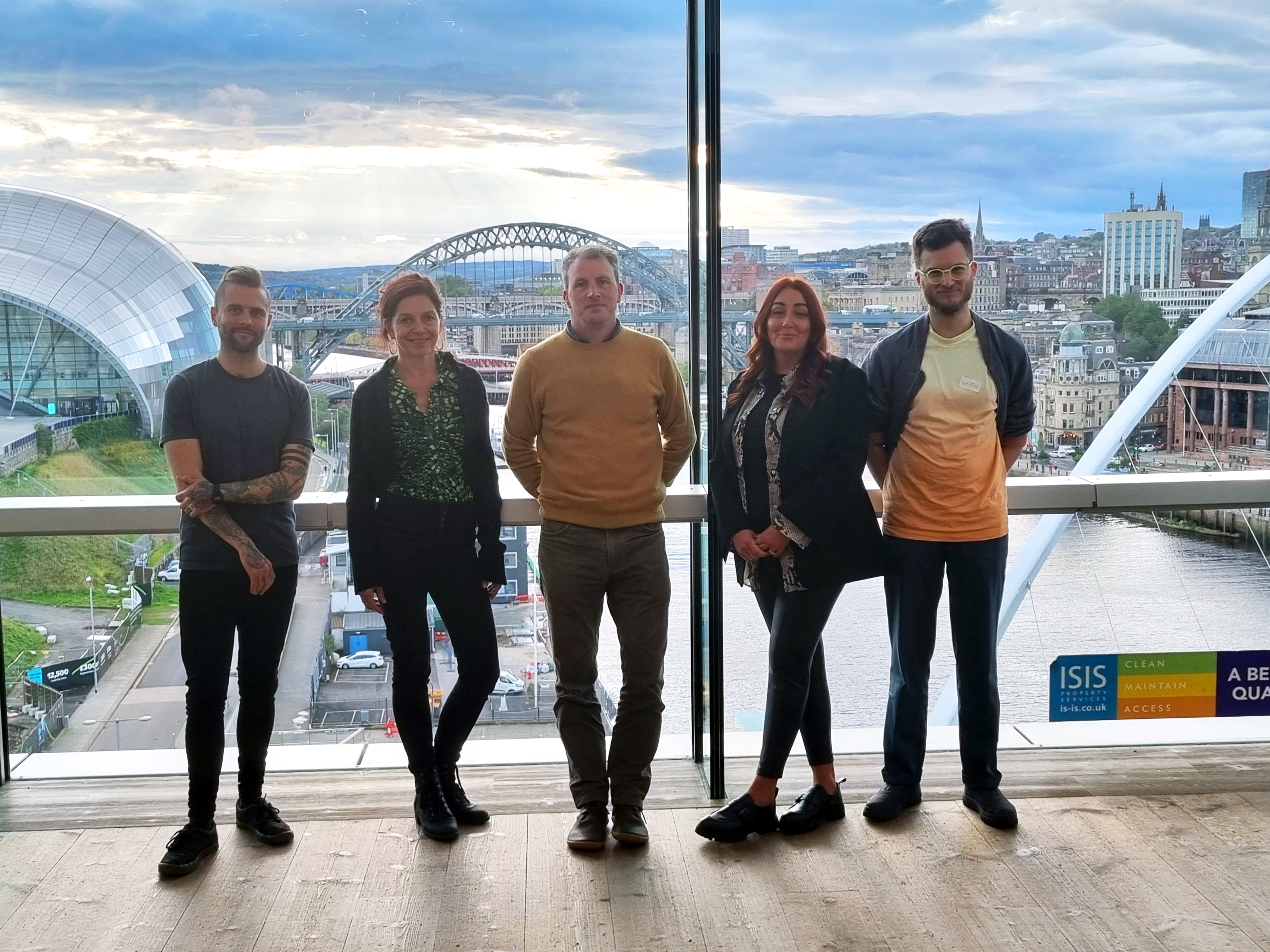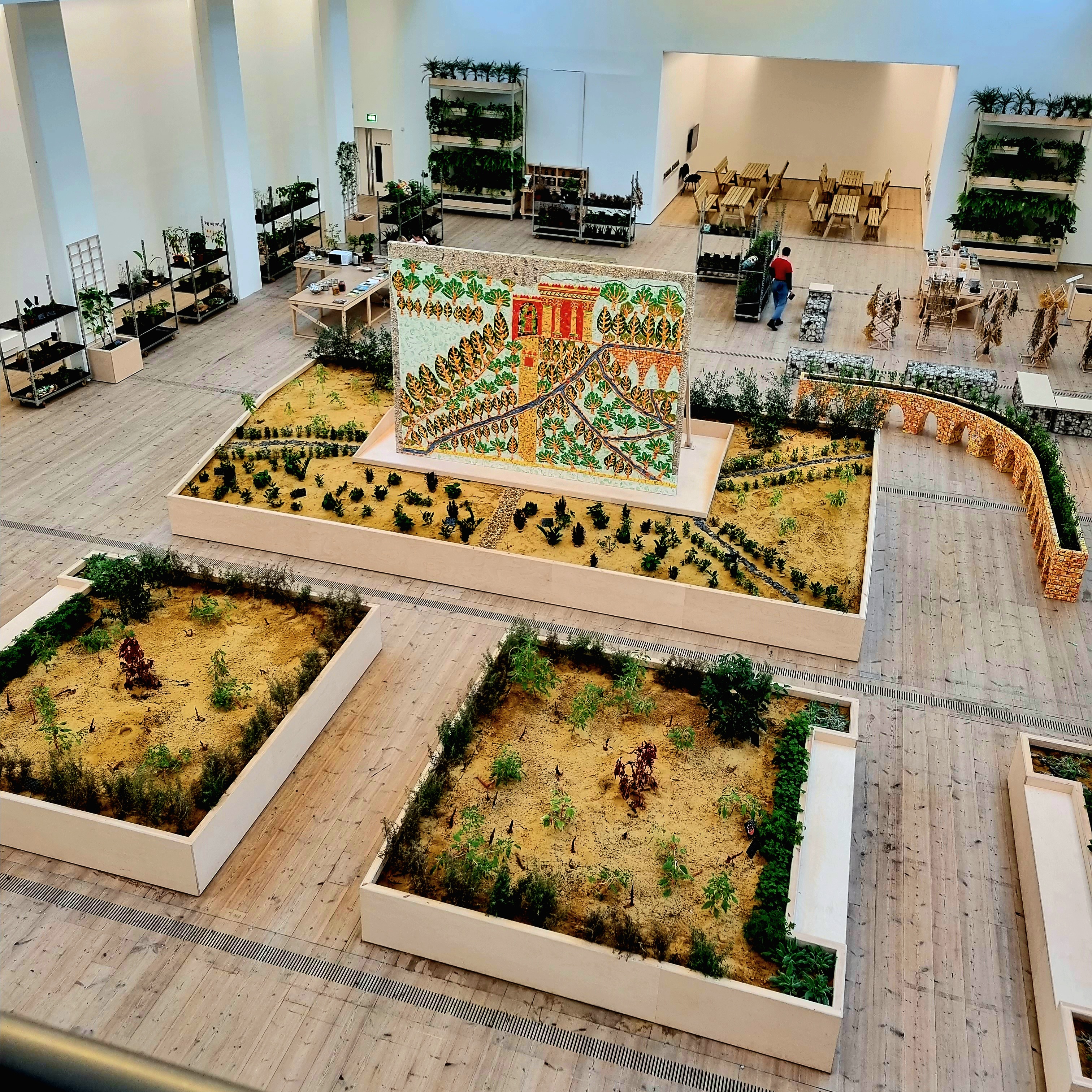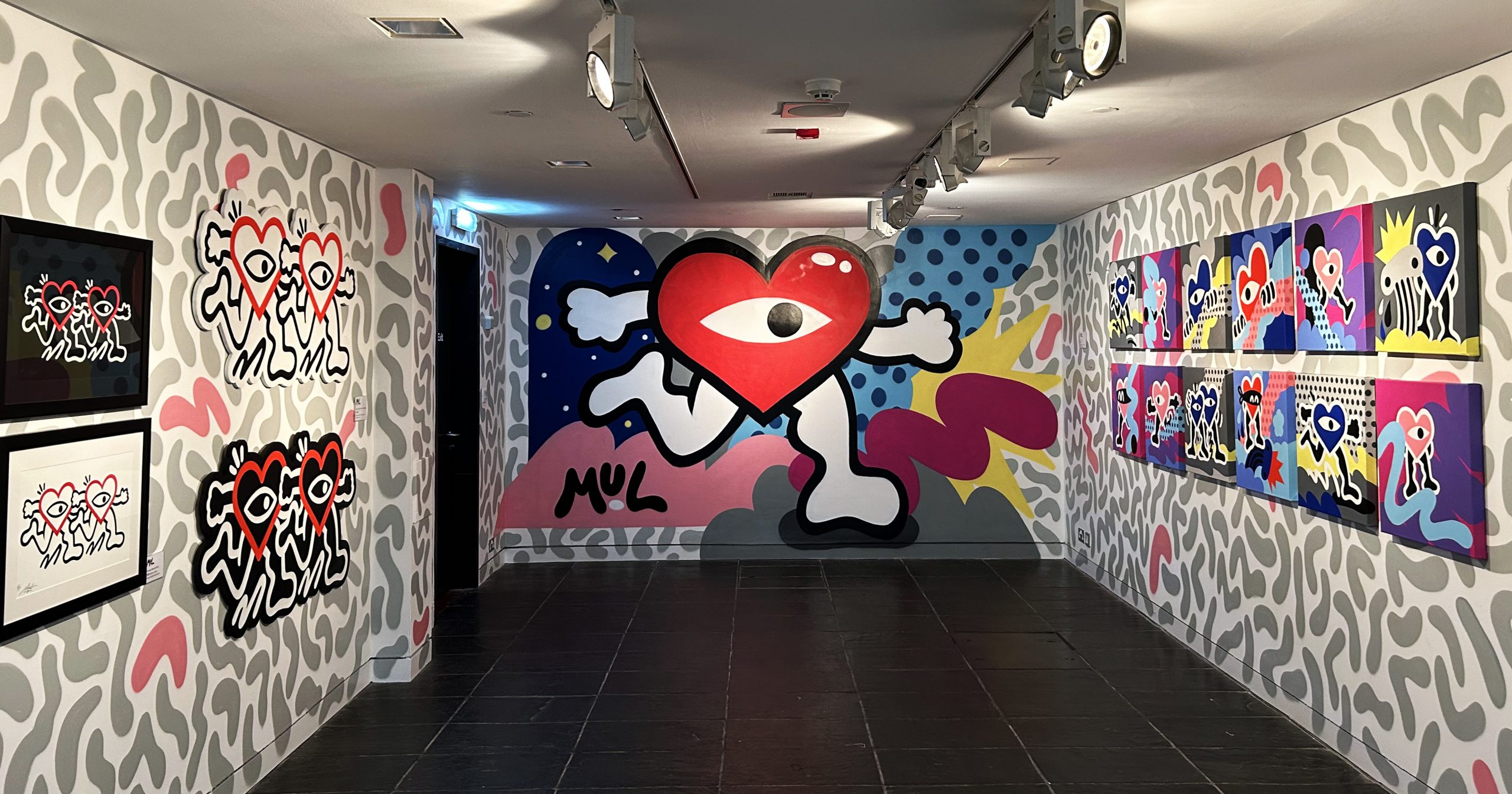
Five new Community Innovation Practitioners join the AHRC Creative Communities team in Newcastle.
In May 2023 the AHRC Creative Communities programme launched the Community Innovation Practitioner Pilot. The opportunity enabled AHRC Impact Accelerator Accounts to engage a community researcher to collaborate with cross-sector partners to capture knowledge about co-creation and partnerships in R&D. The pilot mobilised innovative application methods including video submissions to enhance access and representation and ring fenced awards to ensure a minimum of one award was made in each of the four nations of the UK.
Five awards were made in July 2023: Community Innovation Practitioners.
The programme team welcomed the Community Innovation Practitioners (CIPs) to Newcastle and Northumbria University to meet the team, network together and engage in two days of training and workshops.
Day one began at the Baltic Centre for Contemporary Art, Gateshead. As one of Northumbria University’s many cultural partners, co-delivering programmes of learning and research in creative, cultural and curatorial practices, the ethos of collaboration and creativity made the Baltic the ideal location to launch the CIPs.
Workshops were led by Director Prof Katy Shaw and Senior Research Fellow and CIP Lead Dr Lauren Baker Mitchell with AHRC representation from Dr Kristine Zaidi, Associate Director of Programmes at the AHRC, who extended a warm welcome to the cohort and shared AHRC’s perspective on community research and co-creation.



Georgina Aasgaard shared musical recordings and experimental video diaries that have informed her approach to working across three communities across Liverpool; a centre for social inclusion; a community library; and a high secure hospital, as part of her role straddling the Royal Liverpool Philharmonic Orchestra and University of Liverpool IAA.
Gaston Welisch introduced us to the Glasgow Arts & Humanities Partnership Catalyst and his thematic areas of focus: Heritage; Food and Environment; and Health and Wellbeing.



Jim Donaghey shared videos of his practice-based research and policy insights from the Portrush skateboarding community and CAUS (the Causeway Association of Urban Sports), as well as discussing his work with videographer Slaine Browne.
Alexander Langlands introduced us to his work on heritage assets and the community and policy research that needs to be done around volunteer communities and their sense of civic pride and belonging, drawing on his previous work in heritage broadcasting.
Áine Brady reflected on challenges arising from substance abuse in the Market community of Belfast, in the context of the legacy of the Troubles but urban planning decisions within local policy making.
The CIPs enjoyed a policy briefing from Prof. Jonathan Sapsed who is based in the new Northern hub of the Creative Industries Policy and Evidence Centre (PEC). The PEC is funded by the AHRC to provide independent research and policy recommendations for the UK’s creative industries. The development of policy ideas will be a key aspect of the CIPs role, using their on-the-ground experience of working in and with their communities to develop rich insights in to the unique, devolved contexts in which they are working.



Day Two connected the CIPs with award-winning podcast producer Vic Turnbull, founder of Mic Media, who welcomed the CIPs and began their podcasting training and production plans. Vic is a specialist in social impact and research podcasting, with huge experience in working with charities, CICs, NPOs and social enterprises, value-led corporates, education and local authorities. The CIPs experimented with recording in the podcast studio and captured their thoughts and feelings at the start on their research journey.
MIC Media will be working with the CIPs across the year to co-produce a new five part podcast series that captures the voices and experiences of the many partners involved in their cross-sector research. The CIP Podcast series will be released in Autumn 2024.



Over the coming months, the CIPs will be writing blogs, recording vlogs and capturing the evolving journey of their cocreation research.
These will be posted on our website, which also features individual profile pages for each of the five CIPs.
Brought to you by


